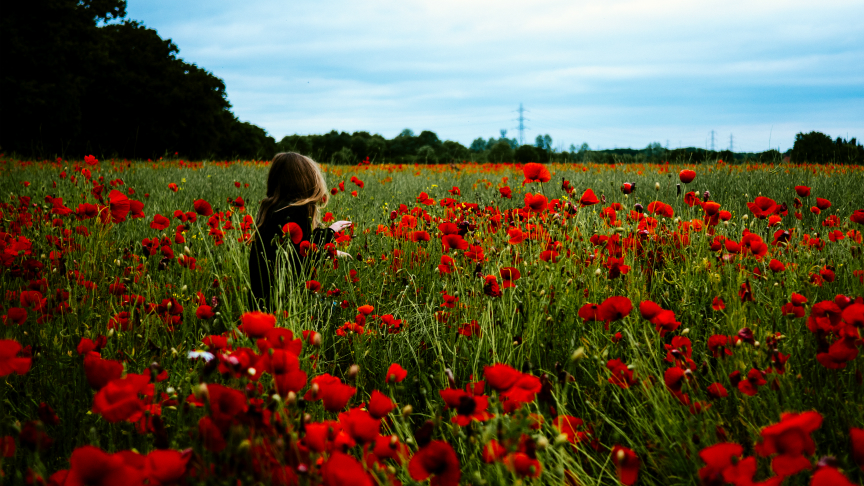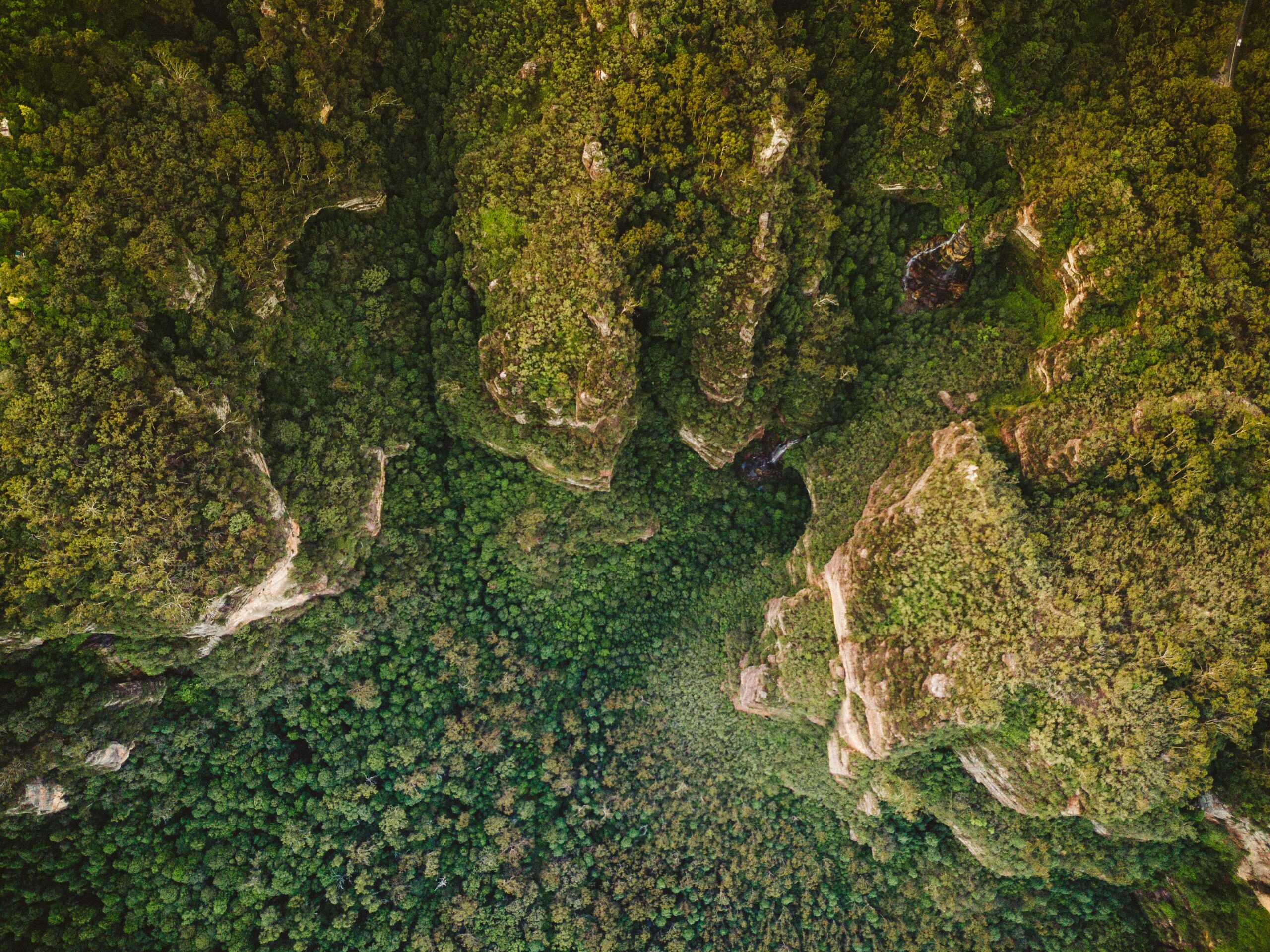Highlighting Australia
- As a proudly Australian initiative, we’re excited to showcase a collection of Australian stories, music, tributes and more.

Join activities, celebrations, study groups, spiritual empowerment and education programs for young people, and more.
Baha’i beliefs address essential spiritual themes for humanity’s collective and individual advancement. Learn more about these and more.

Featured in: Festival of Ridvan
Ridvan, also known as the Most Great Festival, celebrates Baha’u’llah’s time in the garden of Ridvan on the outskirts of Baghdad in 1863 when He publicly declared His station as a Manifestation of God. The Ridvan Festival is 12 days long and is also the time of year when Baha’is elect their governing bodies.

Spring is a special time of year for me for at least two reasons: the culmination of the Baha’i Fast and the Festival of Ridvan. Both of these occasions remind me of the importance of personal growth. They also inspire me to explore the Sacred Writings in order to adjust where I’m headed in life.
The recently translated texts of Baha’u’llah in Days of Remembrance comprise 45 selections commemorating the nine Baha’i Holy Days. Out of these, 20 selections are linked to Ridvan, which speaks highly about the importance of this King of Festivals.
Ridvan is a 12-day festival, which according to the Badi calendar, spans from 13 Jalal until 5 Jamal.
This Most Great Festival is historically very unique. It marks Baha’u’llah’s time in the garden of Ridvan outside of Baghdad in 1863. There, for the first time, He publicly declared His station as a Manifestation of God.
The Divine Springtime is come, O Most Exalted Pen, for the Festival of the All-Merciful is fast approaching. Bestir thyself, and magnify, before the entire creation, the name of God, and celebrate His praise, in such wise that all created things may be regenerated and made new. Speak, and hold not thy peace.1
What Baha’u’llah announced in the garden of Ridvan is mind-blowing to me. Not only did He claim to be a new Manifestation of God, but also the Promised One foretold in the Sacred Scriptures of all of the world’s great religions. He is the fulfillment in the continuum of Divine Messengers, who include Abraham, Krishna, Zoroaster, Moses, Buddha, Jesus, Muhammad and the Bab.
Shoghi Effendi elaborates Baha’u’llah’s station in God Passes By:
To Israel He was neither more nor less than the incarnation of the “Everlasting Father,” the “Lord of Hosts” come down “with ten thousands of saints”; to Christendom Christ returned “in the glory of the Father,” to Shi’ah Islam the return of the Imam Husayn; to Sunni Islam the descent of the “Spirit of God” (Jesus Christ); to the Zoroastrians the promised Shah-Bahram; to the Hindus the reincarnation of Krishna; to the Buddhists the fifth Buddha.2
In Days of Remembrance Baha’u’llah refers to Himself as follows:
He it is Who hath laid bare before you the hidden and treasured Gem, were ye to seek it. He it is Who is the one Beloved of all things, whether of the past or of the future.1
This is the Paradise the rustling of whose leaves proclaimeth: “O ye that inhabit the heavens and the earth! There hath appeared what hath never previously appeared. He Who, from everlasting, had concealed His Face from the sight of creation is now come.”3
My understanding of these quotes and other Baha’i Writings is that Baha’u’llah is giving us a dual responsibility. Not only are we asked to recognize Him and His station, but we are asked to obey His laws – such as spreading His Teachings actively, serving others, and manifesting goodly qualities such as love, generosity and kindness towards all.
Arise, and proclaim unto the entire creation the tidings that He Who is the All-Merciful hath directed His steps towards the Ridvan and entered it. Guide, then, the people unto the garden of delight which God hath made the Throne of His Paradise. We have chosen thee to be Our most mighty Trumpet, whose blast is to signalize the resurrection of all mankind.3
The garden of Ridvan isn’t necessarily a physical location, but it seems to me that it could also be a spiritual place, a garden of delight, or City of Certitude.
What I love about Baha’u’llah’s Teachings is the fact that He came to build a New World Order, to transform souls and to rejuvenate both individuals and collective society. Through the power of the Divine Springtime, we are able to make a new creation of ourselves as well as our communities.
… We have caused every soul to expire by virtue of Our irresistible and all-subduing sovereignty. We have, then, called into being a new creation, as a token of Our grace unto men. I am, verily, the All-Bountiful, the Ancient of Days.3
One of the selections in Days of Remembrance has been revealed in honor of the ninth day of Ridvan. In it Baha’u’llah asks God to help some of the believers to know themselves better. Since I very much associate the period of Ridvan to fine-tuning all the understandings we acquire during the time of the Fast, I find this quote very endearing:
O Lord, help certain souls among them to know their own selves and to restrain their tongues, lest they utter that which would abase their stations and bring their works to naught. Thou, verily, hast power over all things.4
All in all, the Writings make me realize the privilege of recognizing Baha’u’llah’s station and drinking even a drop of the chalice of eternal life, which ultimately is His Message and Teachings:
Drink deep, O ye dwellers of earth and heaven, from the chalice of eternal life that the hand of Baha proferreth in this most lofty and exalted Paradise. By God! Whoso partaketh but a drop thereof shall neither suffer the vicissitudes of time nor fall prey to the wiles of the Evil One, but the Lord shall send him forth in every Dispensation adorned with a hallowed and wondrous beauty. All hail then to this, the Festival of the Lord, that hath been made manifest from the seat of the Lord of all wisdom!5
"*" indicates required fields

We recognise their continuing connection to land, waters and community. We pay our respects to Aboriginal and Torres Strait Islander people and their cultures; and to elders both past and present.
The views expressed in our content reflect individual perspectives and do not represent authoritative views of the Baha’i Faith.

Visit the site of the
Australian Baha’i Community
and the Baha’i Faith Worldwide
Notifications
I enjoyed reading the selections you chose and your comments.
Dale Hooge (April 4, 2017 at 4:14 PM)
Nice and timely article!
Iraj Farzaneh (April 4, 2017 at 4:53 AM)
I learned from this that Spring is indeed significant for us Baha’is. It is the end of our Fast. And we celebrate Ridvan! Thank you.
Criselda R. Figuerres (April 4, 2017 at 1:56 PM)